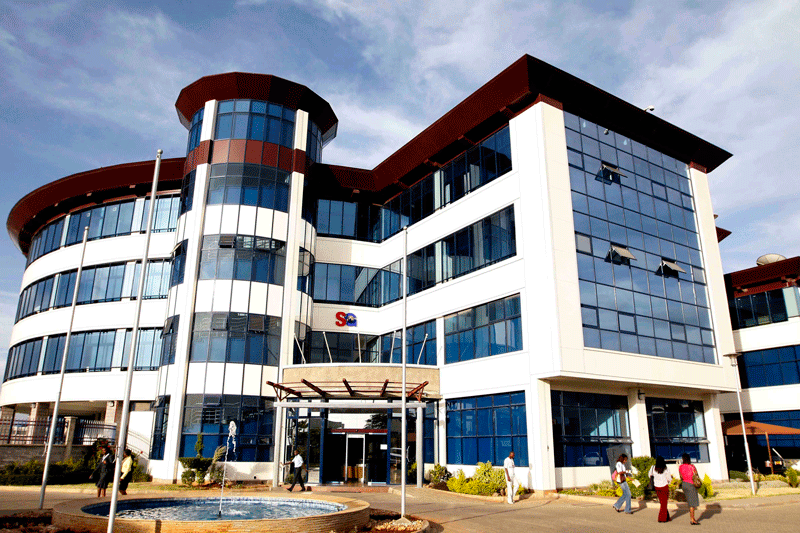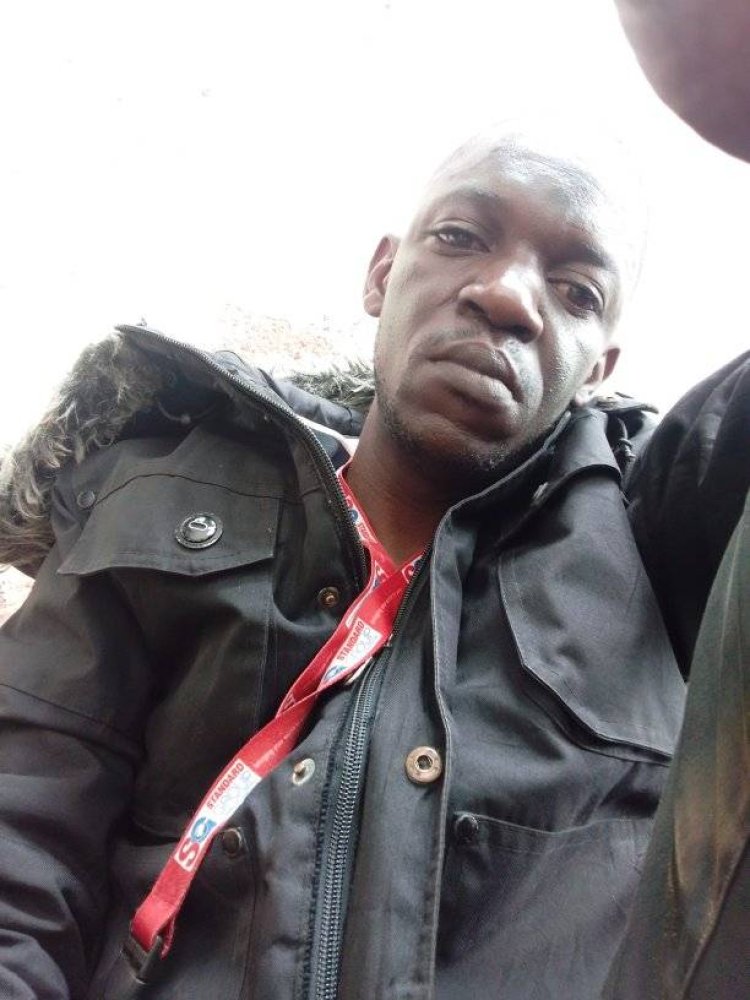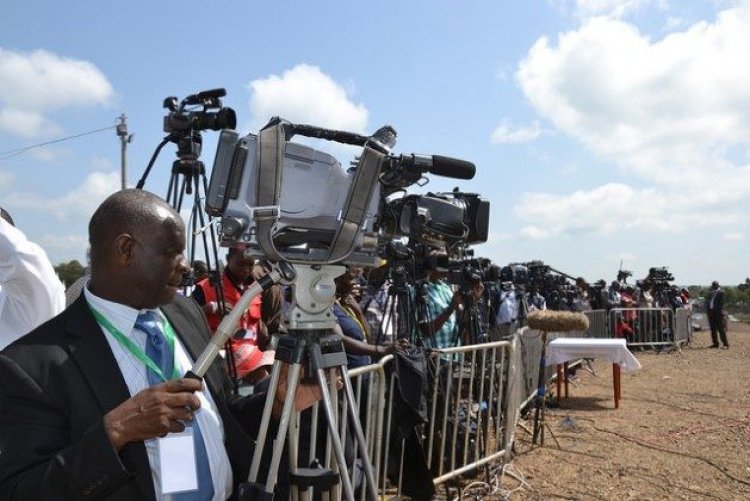Standard Group Journalist Speaks After Assault By Police
The scribe had explained that he was held at Bondo Police Station for nearly an hour, provoking his colleagues to push for his release.

Standard Group journalist Isaiah Gwengi on Friday, July 7 revealed that he suffered facial injuries after he was allegedly attacked by police officers in Bondo, Siaya County.
Gwengi was reportedly approached by police while covering the Saba Saba protests which took place for the whole day across the country.
He had presented his press card as proof of his profession but the police reportedly ignored and persisted in arresting him, with the confrontation escalating into a physical assault.
He shared photos of his assault showing injuries to his face as well as a bruised forearm and stained trousers from the altercation.

Standard Group journalist Isaiah Gwengi after being released by police on Friday, July 7, 2023. /FACEBOOK.ISAIAH GWENGI
"Friends, family and colleagues, receive my heartfelt gratitude for your support through prayers, those calls and texts. It was indeed something bad in this age," he wrote in part.
The scribe had explained that he was held at Bondo Police Station for nearly an hour, provoking his colleagues to push for his release.
"They confiscated my camera and placed me in custody. I cannot trace even my camera,” he further lamented, still reeling from the assault.
Ibrahim Kosi, Bondo Sub-County Police Commander revealed to the Standard that the arrest may have been a case of mistaken identity but assured that police were investigating the matter and would issue a preliminary report.
Gwengi was among other journalists injured in the line of duty, with reports indicating that the assaults were not only allegedly orchestrated by the police but also by rogue elements posing as protesters.
Another journalist in Kisumu, James Keyi of Reuters, also sustained minor injuries and lost his equipment after he was attacked by goons while covering the anti-government protests.
On Sunday, April 2, while urging Azimio la Umoja leader, Raila Odinga to call off the bi-weekly mass protests, President William Ruto assured that the government will support the Kenyan media amidst attacks by politicians and police officers as well as fears of a media shutdown.
While addressing the nation at State House in Nairobi, Ruto termed any public engagement that puts journalists at risk as unacceptable and that they would be opposed to an intentional attack on members of the press.
"We are great believers in free media. Any engagement that puts the media in danger is not acceptable.
"I do not think there is any deliberate attack on the media and if there was such, we would be opposed to it and would deal with it," he stated.
His response came hours after the Kenya Media Sector Working Group claimed a plot by the government to shut down the media on Monday, April 3 during the Azimio la Umoja demonstrations.
They alleged receiving reports of plans to shut down the mainstream media inclusive of television (TV) and radio as well as/or the internet on April 3, a move that they termed would throw the country into an information blackout.
"The government should not do anything that denies the free flow of information to the public. We have received reports of plans to shut down the broadcast media and/or the internet and throw the country into information darkness ahead of tomorrow’s demonstrations.
"This would be a most ill-advised and grievous assault on Kenya’s democracy. From the media perspective, taking this route will sink as a country," read the statement in part.
In particular, the Kenya Media Sector Working Group noted with alarm the increasing number of journalists targeted by law enforcement officers.
Since the demonstrations by the Azimio La Umoja Coalition began on March 20, 2023, it documented more than 20 cases of attacks and violations against journalists, including harassment, arbitrary arrests and physical attacks with state actors responsible for or encouraging a significant proportion of these attacks.


 admin
admin 




